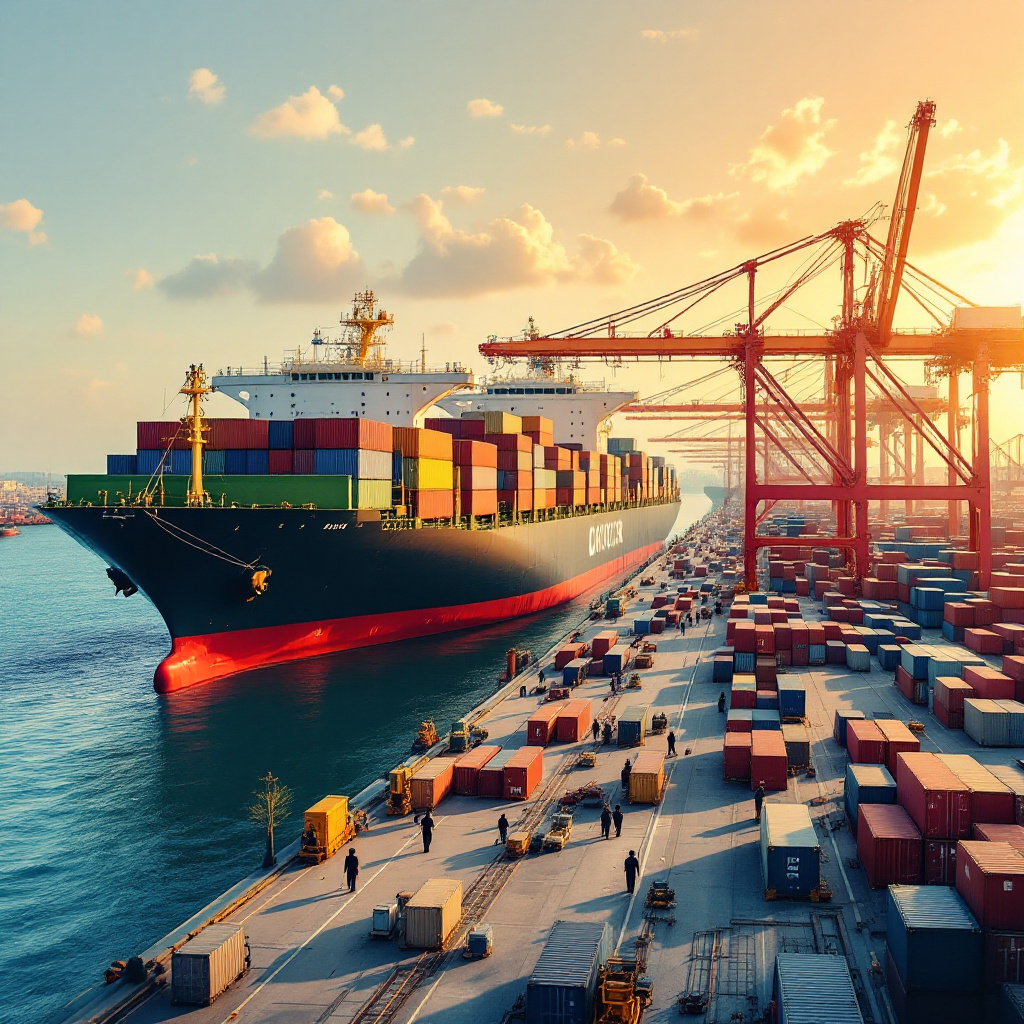International maritime transport is a vital component of the global economy. It facilitates the daily transportation of millions of tons of cargo. These services enable the delivery of goods from various parts of the world. This includes household appliances from China, automobiles from Germany, and coffee from Brazil. An efficient ocean freight system is essential for addressing transportation and logistics challenges.
Advantages and Disadvantages of Maritime Transport
Maritime transport offers several significant advantages:
- Cost Efficiency: Chartering a vessel for transporting large quantities of goods is often more economical than other modes. This makes maritime transport attractive for businesses handling substantial volumes of cargo.
- Broad Geographic Reach: Countries with access to the sea have developed port infrastructure. This includes docks and terminals, which simplify inland delivery of goods.
- High Level of Security: Containers used in maritime transport provide reliable protection for cargo. They guard against damage and theft.
- Capacity: Maritime vessels can carry substantial volumes of goods. This makes them the optimal choice for bulk cargo.
- Simplified Documentation: The procedures for processing documents for maritime transport are often less complex. They also take less time compared to other transport modes.
However, maritime transport has its drawbacks:
- Logistical Complexity: Cargo often changes transport modes multiple times. This can complicate the delivery process and increase the likelihood of errors.
- Extended Delivery Times: A vessel loaded with containers cannot travel quickly. This is due to the volume of cargo and weather conditions. For urgent or perishable goods, air transport is preferable.
Classification of Maritime Transport
The type of cargo determines the vessel used. The classification includes:
- Specialized Vessels: These are designed to transport only one type of cargo.
- Dual-purpose Vessels: These can handle multiple types of cargo.
- Universal Vessels: These are able to transport virtually any type of goods.
- Specialized Vessels: These carry cargo of a single category, such as tankers or container ships.
General cargo ships make up the majority of ocean freight. They can handle general, bulk, and oversized cargo.
Cost of Maritime Transport
Prices for maritime transport vary based on several factors. These include distance, type of cargo, and delivery conditions. Typically, freight costs are determined by the volume and weight of the cargo, as well as the route. Transparent pricing allows clients to be confident in what they are paying for.
Conclusion
International maritime transport represents a complex system that connects countries and cultures. It facilitates global trade effectively. Considering the advantages and disadvantages, maritime transport remains the optimal choice for cargo delivery worldwide. It is crucial to analyze all logistical aspects and select reliable partners. This ensures the safety and timeliness of cargo transport. Efficient maritime cargo transport serves as a cost-effective delivery method, allowing businesses to choose the best route for their operations.
Find Reliable Cargo Solutions
GetTransport.com – best price for sea transportation!


